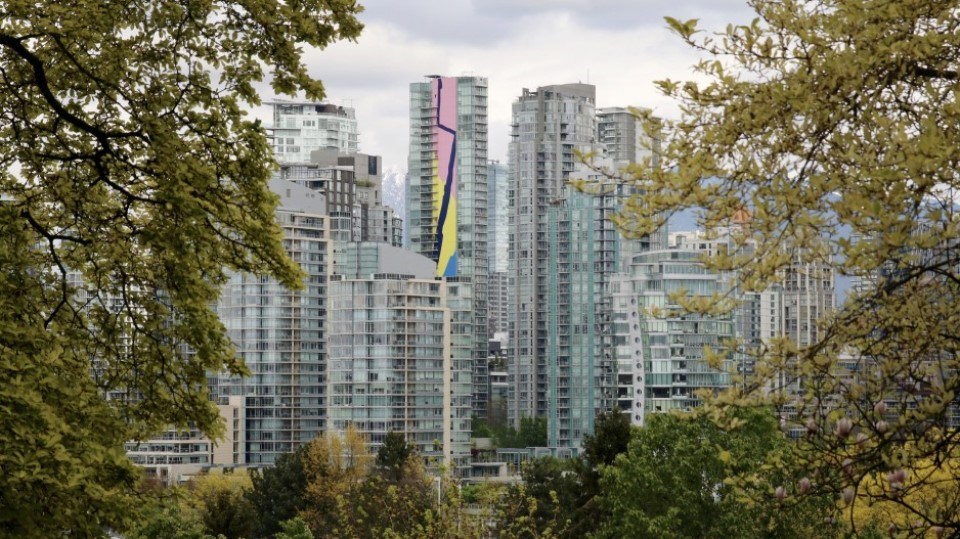sa���ʴ�ý strata dwellers could face prohibitive cost changes to their assets given a looming shortage of strata managers, a management company president says.
FirstService Residential said the provincial government continues to emphasize increased affordable and accessible housing, And, the company has found 1.5 million people already lived in strata-controlled housing, a number sure to increase as the government continues its housing focus.
However, as strata complex development has swelled, the pool of qualified managers has been decreasing, leaving sa���ʴ�ý on the brink of a critical shortage of strata management, says company president Chris Churchill.
It’s a situation that’s been developing since at least 2015, he said. And, as baby boomers retire, that’s accelerating.
“We’re going to go from being short in 2015 to being incredibly short,” he said.
It’s certainly not a new concern.
Scott Ponuick, president and senior strata agent for Surrey-based Peninsula Strata Management Ltd., told Glacier Media in December 2016 that the Lower Mainland was in need of at least 200 more strata agents to help lessen the burden on the industry and existing strata agents working in the field.
Citing the BC Financial Services Authority, FirstService said there are some 1,405 managers currently licensed in sa���ʴ�ý — a small increase from the 1,326 in 2019. And, almost half are within five years of retirement.
This is posing huge challenges because more than 500 new strata complexes have been built since 2019 — and the number is growing rapidly, First Service said.
If the province fails to ensure sufficient manager numbers, the result could be catastrophic shifts in asset value, insurance rate increases, increased legal costs and massive spikes in strata fees, according to the company.
“Virtually every industry at every level is suffering from staff shortage,” Roger Williams, executive director with the Professional Association of Managing Agents, earlier in March. “Qualified individuals licensed for property management are not sitting on a shelf. Licensing education takes time and real qualification and competence require much more education and experience and more time.”
Churchill said UBC offers training in strata management but added just having the education doesn’t translate into being immediately capable of managing massive strata buildings that are becoming more and more the norm in the province.
Those newbies, he said, need mentoring. He suggested mentorship grants might be an option. But, he stressed, the industry isn’t looking for handouts. What is needed, he said, is awareness that such management is a career option.
Government needs to work with the industry, he added, noting the province’s recent move to lift rental restrictions on rentals in strata buildings blindsided the sector.
“We didn’t know it was coming,” he said.
It was a decision that led many strata councils wondering how such a shift would affect their buildings, leaving managers “overwhelmed” trying to respond.
“That’s unfair,” Churchill said.
Tony Gioventu of the Condominium Homeowners Association of BC was not immediately available for comment.

